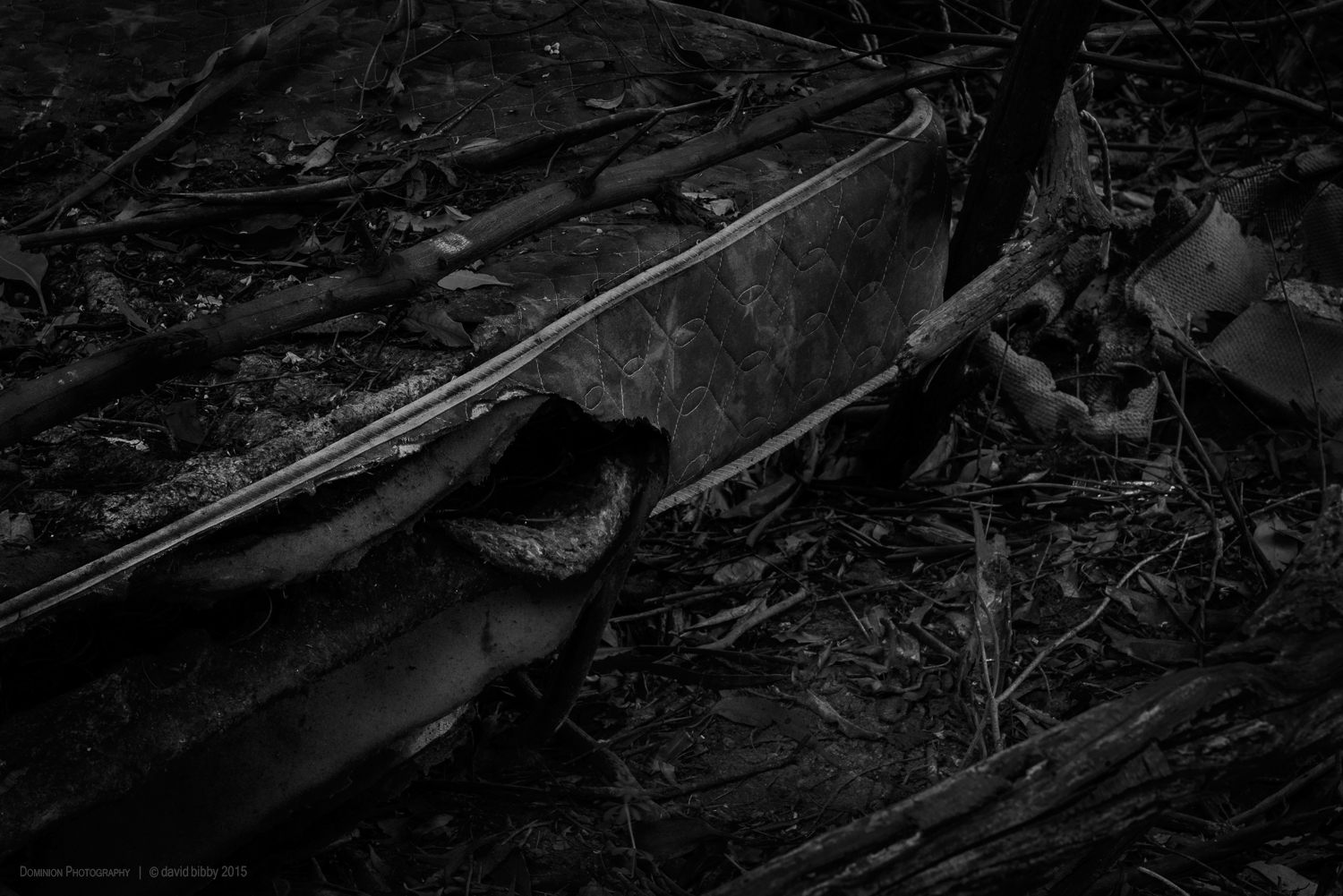terra [in]cognita
Our fear of the dark arises from an evolutionary imperative, but darkness brings with it more than hazards from the natural world. In the modern world those hidden threats are more likely to come from our fellow human beings than from other species: the predator we fear in the shadows is now other humans.
In some ways, we are all ‘kept in the dark’. The nature and extent of the actions humans take, or fail to take, is causing immeasurable damage to the natural world. This situation is kept from us by governments, corporations and individuals who profit from the status quo, and by media inattention. To a degree we are complicit, because we are reluctant to acknowledge the negative consequences of our lifestyle choices; it is uncomfortable to think that we are in any way responsible for those consequences.
Scientists estimate that we would require the resources of another three Earths in order to provide the world’s population with western living standards. In the last 50 years the global human population has doubled. Unsustainable population growth, consumerism and economic drivers like the endless need for greater profit have led us directly to land clearing and destruction of habitat, ecosystem collapse, pollution, mass extinction and climate change. Extinction rates are a thousand times higher than they would be without human actions, and future rates are predicted to climb to ten thousand times higher.
At the same time urbanisation has led to a disconnection from the natural world for a large part of the human population. Living in cities that we never leave, many of us fail to see the wonder and importance of the world outside our artificial environments and that its protection is critical not only for its intrinsic value, but also for our own survival.




















